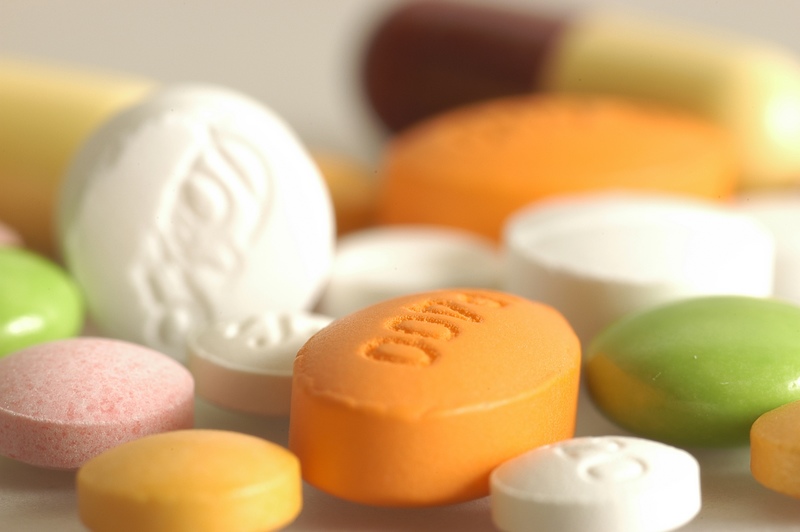
Here are some of the latest health and medical news developments, compiled by the editors of HealthDay:
Pure Ecstasy is Safe, Canadian Health Official Says
Pure ecstasy is safe when the drug is consumed by responsible adults, according to the top health official in the Canadian province of British Columbia.
The risks of MDMA — the pure substance synonymous with ecstasy — are overblown and it only becomes dangerous when it is mixed with other toxic substances, according to Dr. Perry Kendall, the Associated Press reported.
He advocates the legalization and sale of MDMA through licensed, government-run stores.
Kendall’s comments come in the wake of police warnings about the dangers of ecstasy after a spate of deaths, the AP reported.
—–
U.S. Youth Football Group Changes Rules to Reduce Head Injuries
The largest youth football group in the United States has announced rule changes meant to address growing concerns over football-related head injuries.
Pop Warner’s new rules, which will limit the amount of full-speed collisions and other contact allowed in practice, will affect hundreds of thousands of youth football players, The New York Times reported.
The new rules — which take effect at the start of the new season in August — will permit contact for only one-third of each practice. In addition, there will be a ban on head-to-head contact and all drills that involve full-speed, head-on blocking and tackling that begins with players lined up more than three yards apart.
The move by Pop Warner is seen as the latest acknowledgement that football poses risks to the long-term cognitive health of players, The Times reported.
—–
New Ebola Treatment Highly Effective: Study
Canadian scientists say they have developed one of the most effective cures yet for the deadly Ebola virus, which can kill up to nine of every 10 infected people.
The treatment — which involves injections of a mixture of protein-grabbing antibodies that prevent the virus from replicating — was tested in macaque monkeys infected with the most lethal strain of Ebola virus, The Globe and Mail newspaper reported.
All the macaques treated 24 hours after infection recovered, as did 50 percent of those treated 48 hours after infection.
The study was published Wednesday in the journal Science and Translational Medicine.
The researchers said this approach may prove effective in dealing with other dangerous viruses, The Globe and Mail reported.
—–
FDA Panel Supports Expanded Use of Heart Valve
The U.S. Food and Drug Administration should approve expanded use of an artificial heart valve that can be implanted without major surgery, an advisory panel of heart experts said Wednesday.
The panel voted 11-0 in favor of broadening approval for the Edwards Sciences’ Sapien valve, the Associated Press reported.
Currently, the valve is approved for patients who aren’t healthy enough to undergo more invasive open-heart surgery. The expanded approval would permit the use of the valve in patients who are healthier, but still face serious risks from open-heart surgery.
A final FDA decision is expected later this year. The agency typically follows the advice of its advisory panels, the AP reported.
—–
Cold Virus Attacks Tumors: Study
Scientists who discovered that a common cold virus finds and attacks malignant tumors say their research could lead to new cancer treatments.
The British team injected reovirus into 10 patients with bowel cancer that had spread to the liver and found that the virus established lethal “reproduction factories” in the tumors, but not in healthy tissue, ABC News reported.
The virus piggybacked on blood cells to hide from the immune system as it traveled to the tumors, according to the study published Thursday in the journal Science Translational Medicine.
The researchers said their findings suggest that it may be possible to inject cancer-killing viruses into the bloodstream to target hard-to-treat tumors, ABC News reported.
—–

